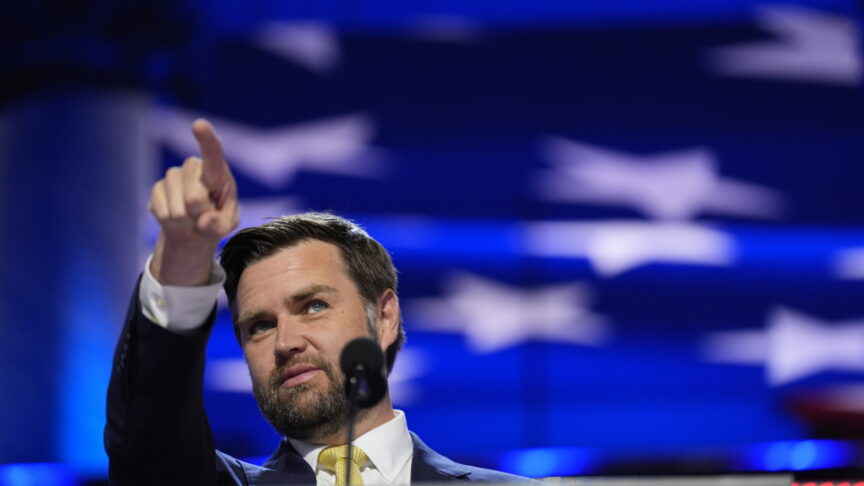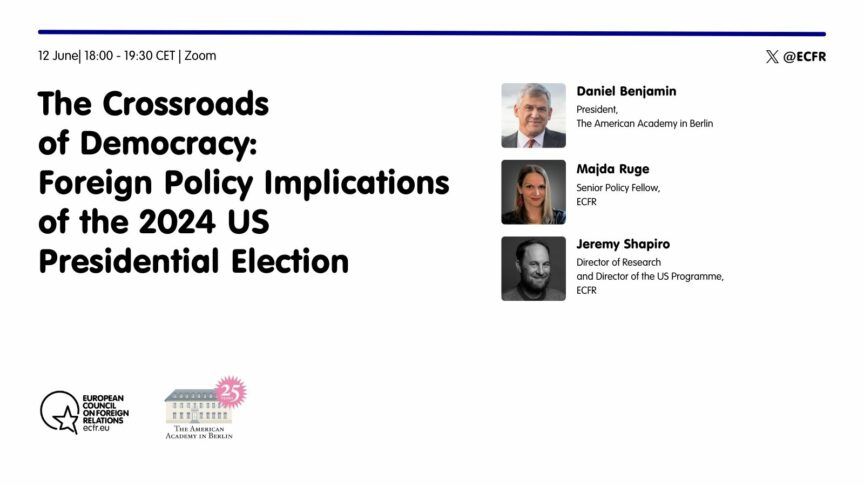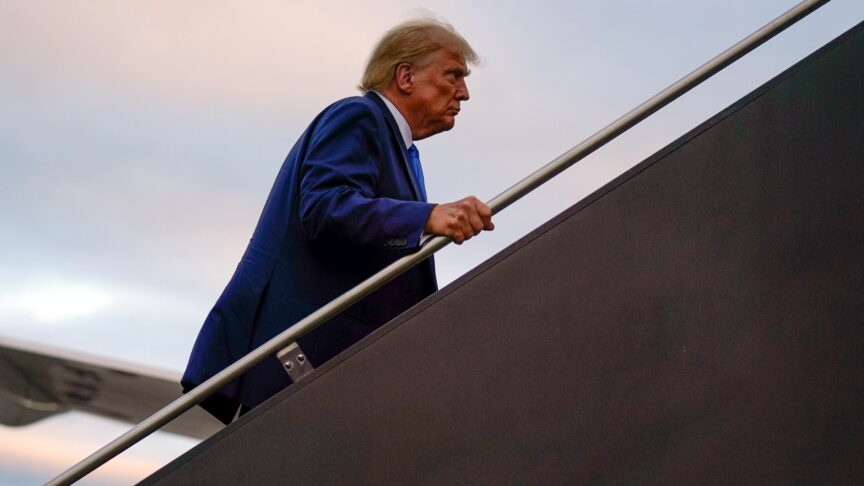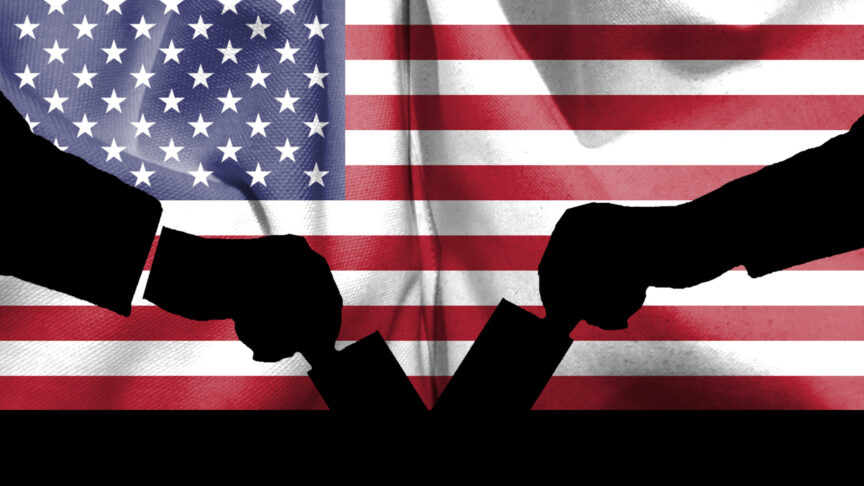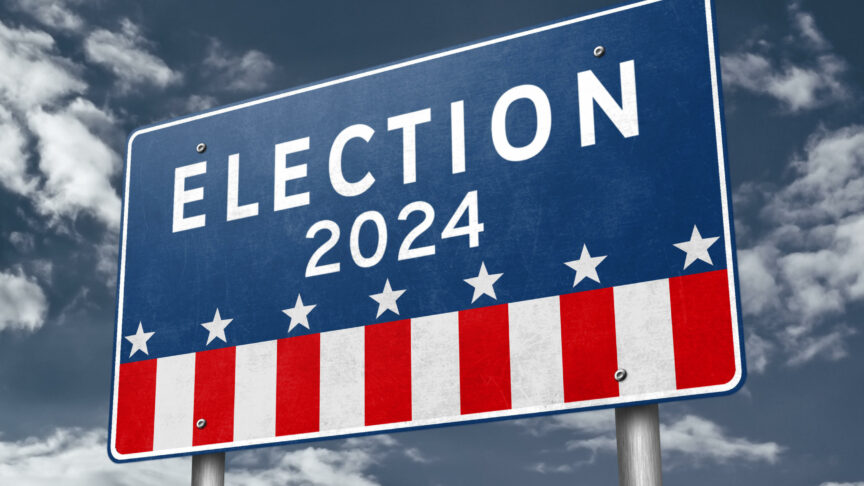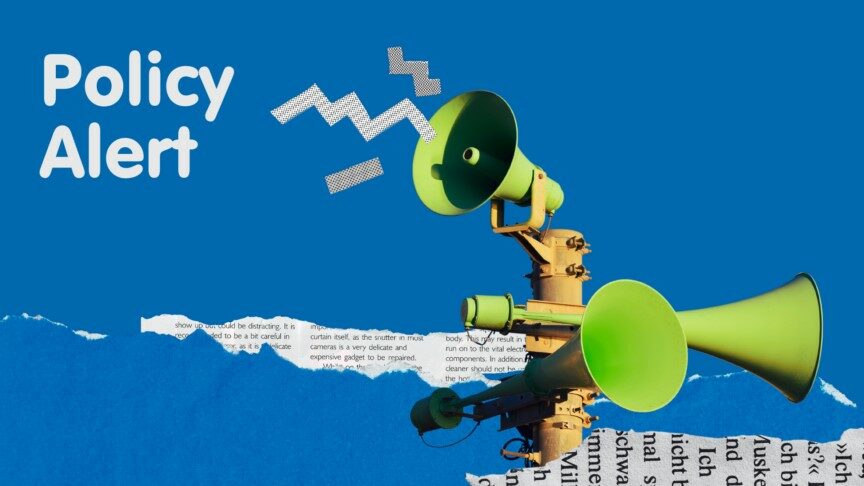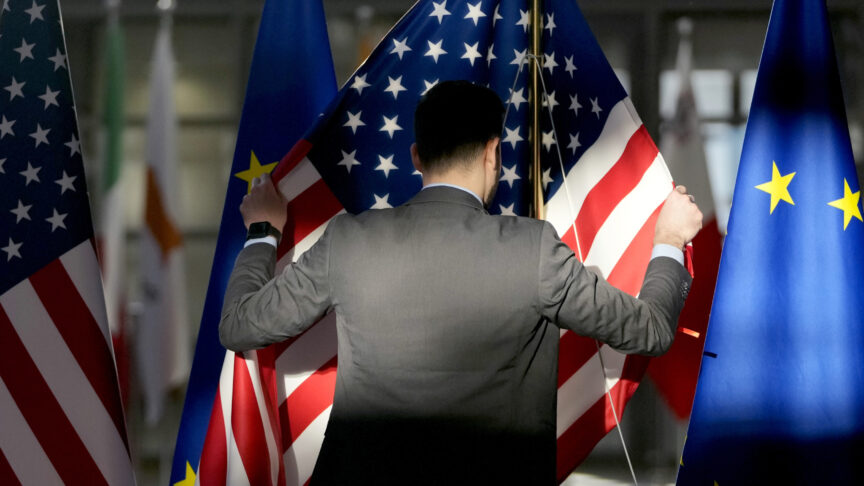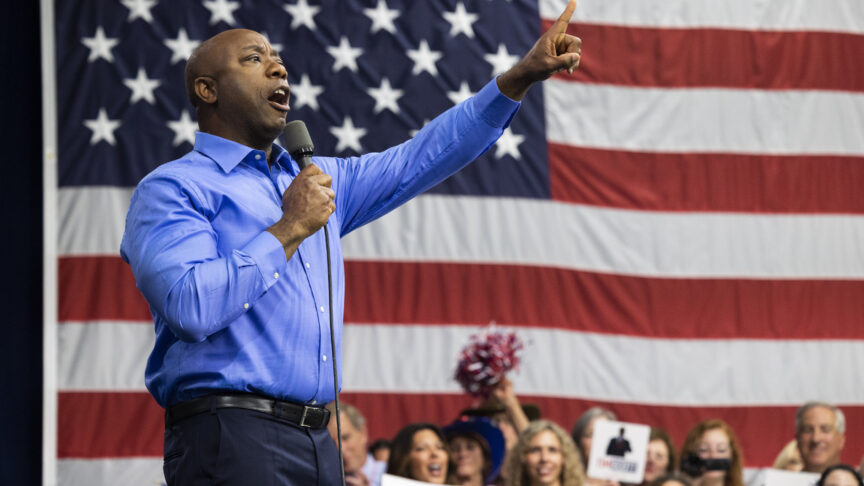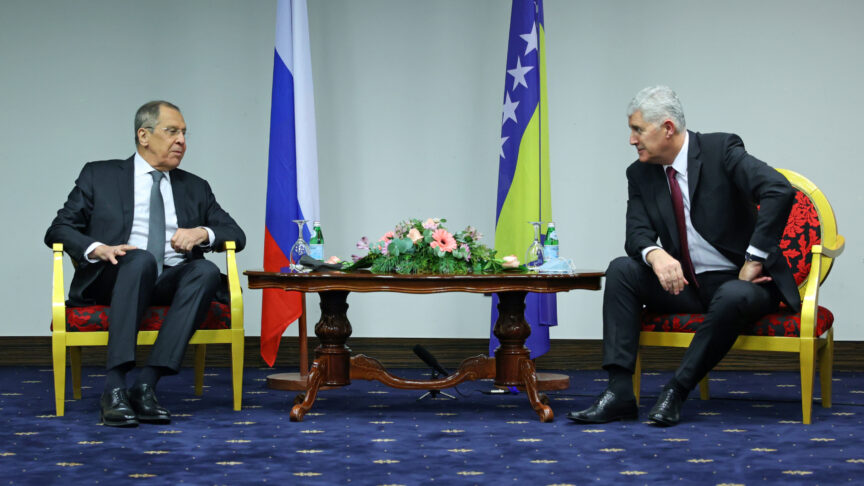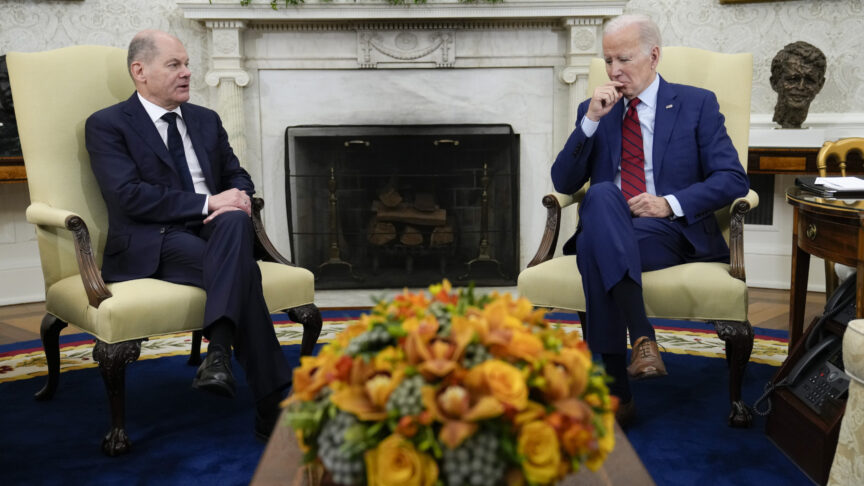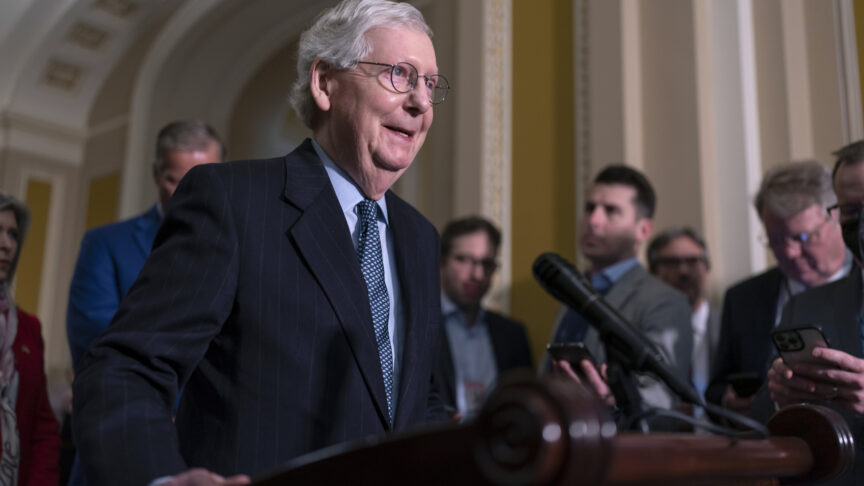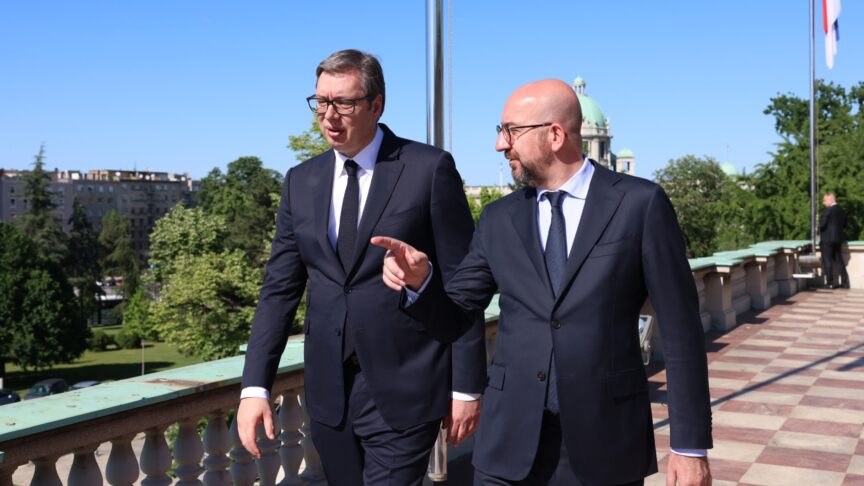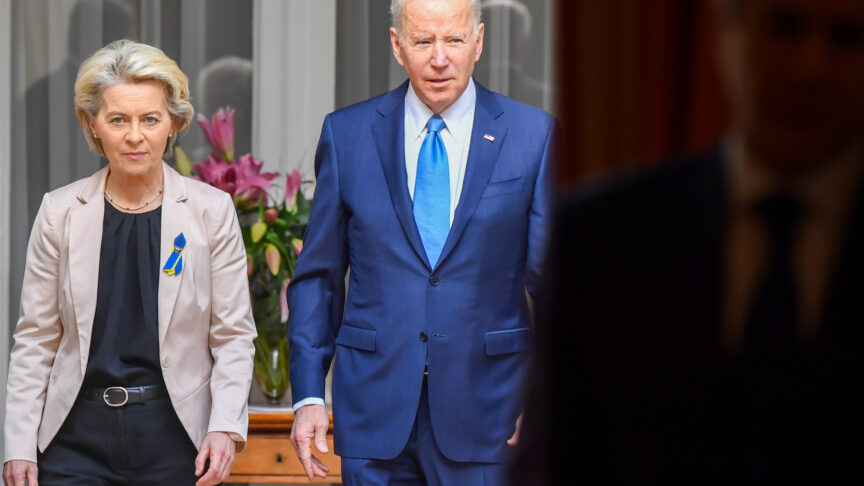Majda Ruge is a senior policy fellow with the Wider Europe programme at the European Council on Foreign Relations, based in Berlin. Before joining ECFR, she spent three years as a fellow at the Foreign Policy Institute/SAIS at the Johns Hopkins University. She has twice testified as an expert witness at hearings of the US Senate Foreign Relations Committee on the Western Balkans.
Ruge worked in management and advisory capacities for the Delegation of the European Commission to Bosnia and Herzegovina and the OSCE Mission to Bosnia and Herzegovina. During this time she participated in key state-building reforms in Bosnia and Herzegovina, which merged the sub-state customs and tax administrations into a single state-level institution.
Between 2012 and 2014, she was a post-doctoral fellow and lecturer at the Otto-Suhr-Institute of the Free University of Berlin, where she taught courses on international relations and nationalism. From 2014 to 2016, she lived in Riyadh, Saudi Arabia, where she was associated with the Gulf Research Center.
Ruge holds degrees from the European University Institute (Ph.D.,2011 and M.A., 2006), Central European University in Budapest (M.A. in International Relations and European Studies, 2001) and Agnes Scott College in Atlanta, Georgia (B.A. in International Relations, 2000).
